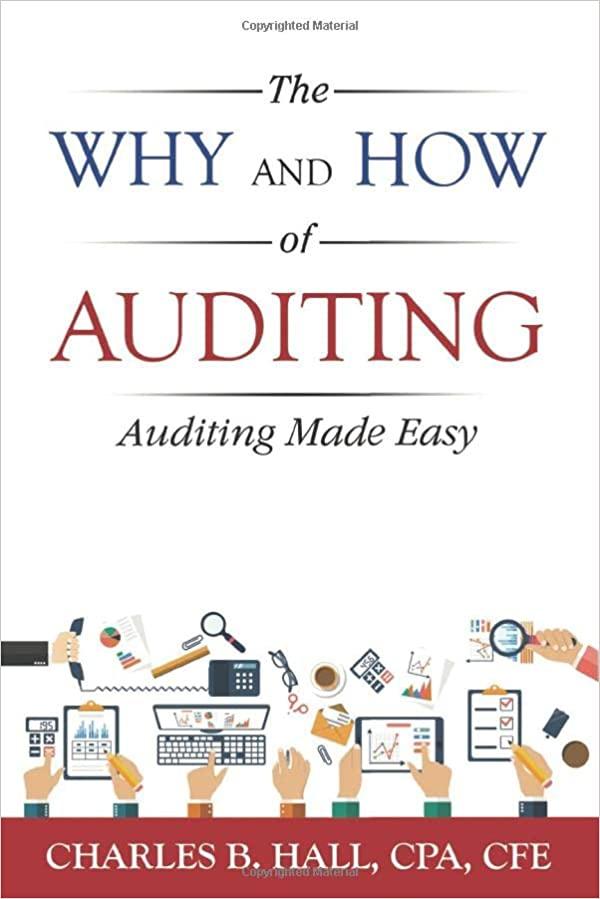Question
Nestle, the Swiss foods conglomerate is as multinational as a company can be. About 98% of its sales takes place oversea, and the groups diversified
Nestle, the Swiss foods conglomerate is as multinational as a company can be. About 98% of its sales takes place oversea, and the groups diversified operations span 150 countries. Nestles numerous (and generally wholly owned) subsidiaries are operationally decentralized. However, finances are centralized in Vevey, Switzerland. Staffed by only 12 people, the finance department makes all subsidiary funding decisions, manages the resulting currency exposures, determines subsidiary dividends amounts, sets the worldwide debt/equity structure, and evaluates subsidiary performance. Nestles centralized finance function plays the pivotal role in the firms intricate web of subsidiary-to-headquarters profit remittances and headquarters-to-subsidiary investment flows. Profits and excess cash are collected by the treasury department in Vevey and then channeled back to overseas subsidiaries in the form of equity and debt investments. Nestle considers this approach to be the best possible investment for the groups wealth. When a subsidiary is first established, its fixed assets which form about half of the total investment are financed by the Nestle group, generally with equity. Later on, the group may supply long-term debt as needed to support operations. The local subsidiary manager handles all the marketing and production decisions, but decisions regarding long-term debt and equity funding are managed solely by Vevey headquarters. The other half of the investment working capital is then acquired locally, usually via bank credit or commercial paper. However, Nestle varies this general approach to suit each country. In certain countries those that permit free transfers of funds Nestle finances part of the working capital from Vevey instead of using local bank credits. Central control over affiliate capital structures is facilitated by the policy of forcing local managers to dividend out almost 100% of their profits to Switzerland. The particular capital structure chosen for an affiliate depends on various considerations, including taxes, political risk, and currency risk. To ensure that it borrows at the lowest possible cost, Nestle takes considerable care to structure its capital base to keep a top credit rating. The desire for a low-risk capital structure is also consistent with Nestles business strategy. According to Senior Vice President, Finance, Daniel Regolatti, Our basic strategy is that what an industrial company are. We have a lot of risks in a lot of countries, so we should not add high financial risks. Required: Why Nestle finances part of the working capital from Vevey instead of using local bank credits? Elaborate the advantage and/or disadvantages from the above statement.
Step by Step Solution
There are 3 Steps involved in it
Step: 1

Get Instant Access to Expert-Tailored Solutions
See step-by-step solutions with expert insights and AI powered tools for academic success
Step: 2

Step: 3

Ace Your Homework with AI
Get the answers you need in no time with our AI-driven, step-by-step assistance
Get Started


